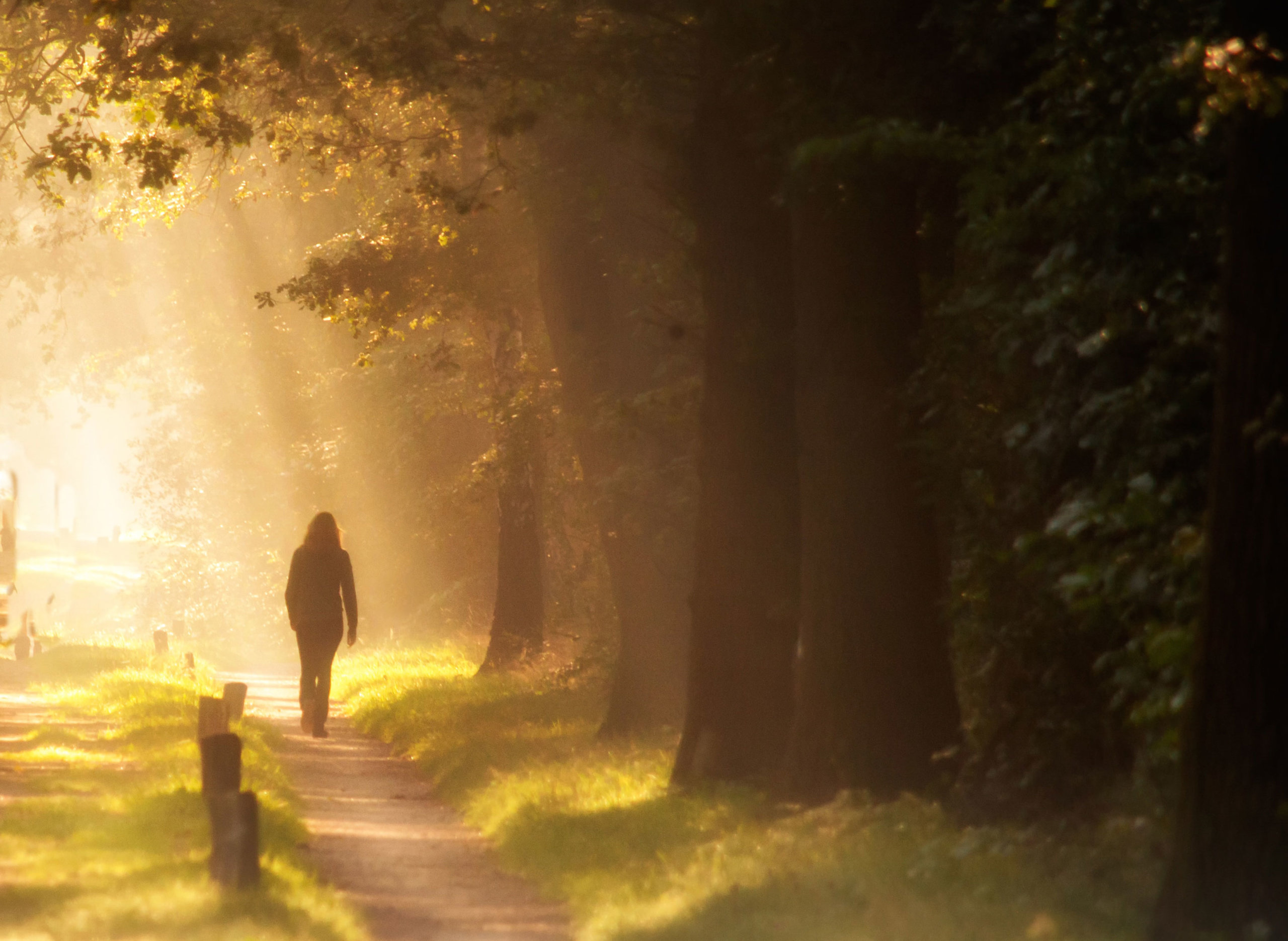Building resilience is not something we necessarily set as a life goal growing up. But, after a year (or more) of a COVID-19-afflicted life, it is almost certain that we personally and collectively have developed this great life skill: resilience. When we reflect, we see the small and great illustrations of this skill in our daily lives. While this time period has been challenging for all of us, our mental health in particular took on a heavy burden. As a result, we’ve cultivated emotional strength. It is worth celebrating.
Building Resilience: One Stretch at a Time
Another way to view resiliency is the elasticity to be flexible, bounce back, and roll with the punches. One of the most rewarding practices in life could be cultivating our center, an inner peace, independent of things going our way. The ability to be still and resilient in times of trial is a life skill that helps not only you, but everyone around you. In addition, it builds your emotional intelligence and capacity for strength. Taking a deep breath, crying, journaling, pivoting towards a new plan, talking to a friend or therapist, or going to a support group strengthens our resilience to navigate anything life throws at us (and the serenity prayer never hurts). As a result, recovery nourishes resilience for all who walk the path.
Mental Health – Finding Emotional Balance
Having a “thick skin” in today’s world may sound like the best way to develop resilience. However, a less popular path may be softening towards the parts of ourselves that need healing when faced with adversity. Gifting ourselves the opportunity to truly feel our way through an obstacle promotes lasting growth and resilience. A beautiful thing to remember is that there is no timeline on our healing. It could take an hour, it could take months. Feeling, grieving, and recovering back to good standing takes however long it takes. What is important to remember is that we can bounce back. Holding space for ourselves in rough times while keeping our intention for a peaceful life will always afford us the resilience we need to get through to a better place.
Our resilience affords us the ability to have a plan B (or sometimes C D,E,F & G). This quality can truly provide us lasting peace knowing we have the power to stay present with ourselves and others regardless of what may come, and possibly, the excitement of life’s future unknowns.
How to Build Resilience
Here are some simple tips to build that inner capacity.
- Breathe. When we start in the body, with the breath, we hold space for our awareness. In addition, research shows that breath work has a profound impact on our physical and mental well-being.
- Move. The research is conclusive that exercise is hugely beneficial for our mental health. Whether you head to Crossfit or simply walk in the trees, movement is vital for daily health. And when we move our bodies, we tell ourselves we matter, we care. This may sound corny but it’s true! When we consciously and intentionally move, we are investing in our own well-being.
- Try Compassion. We live in a culture inundated by notions of perfectionism. This can permeate our sense of self, sometimes making us hard on ourselves. We may judge our feelings, our emotions, our thoughts. But when we hold a sense of compassion for ourselves and others, our entire perspective changes. This is profound and really benefits one’s outlook. If we can incorporate this practice – this awareness – into our daily lives, perhaps through meditation, a mindful walk, or even a few moments of breathing quietly to start the day, we reap huge benefits. Here are some compassion practices from Dr. Kristin Neff, PhD, who’s work in this area has had a great impact on modern psychology.
- Connect. Communicate with those you hold near and dear. When we feel connected, a part of, we are able to hold a more upbeat attitude and experience an overall feeling of wellness. Isolation is not ideal, especially for those struggling with alcoholism and addiction. When we share our experience, we allow ourselves to be vulnerable and connect with others. Connection is where we find healthy relationships, with self and others. There is a very famous TED talk from Johann Hari on this subject. We strongly encourage you to check it out.
Image courtesy of unsplash Holly Mandarich



